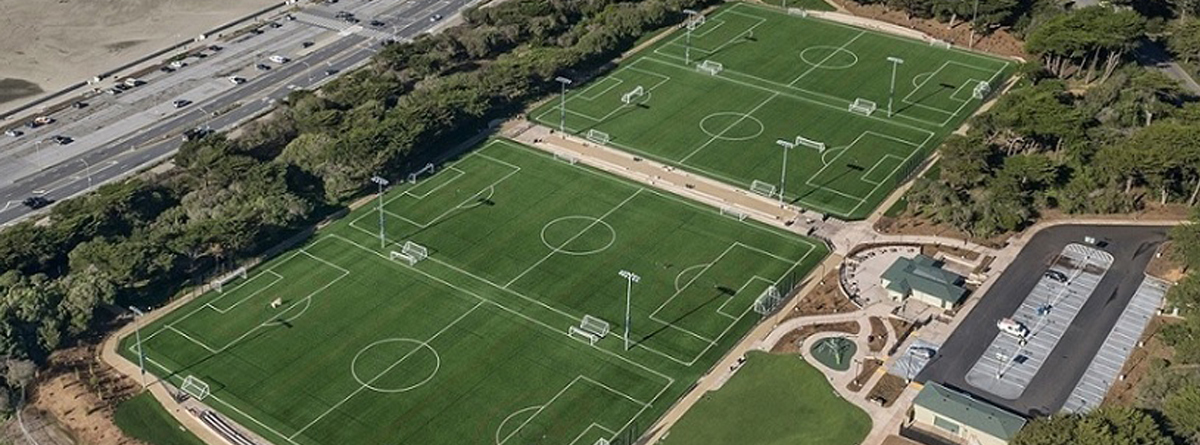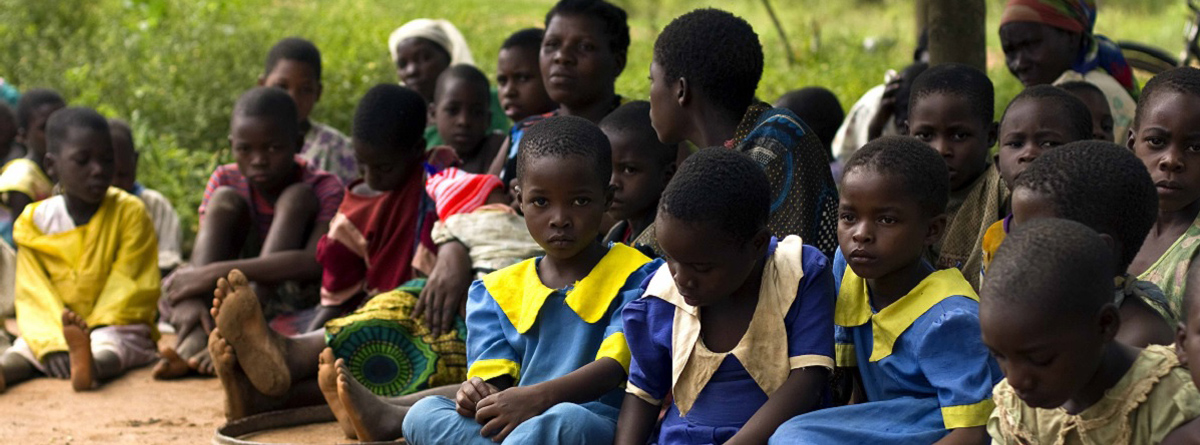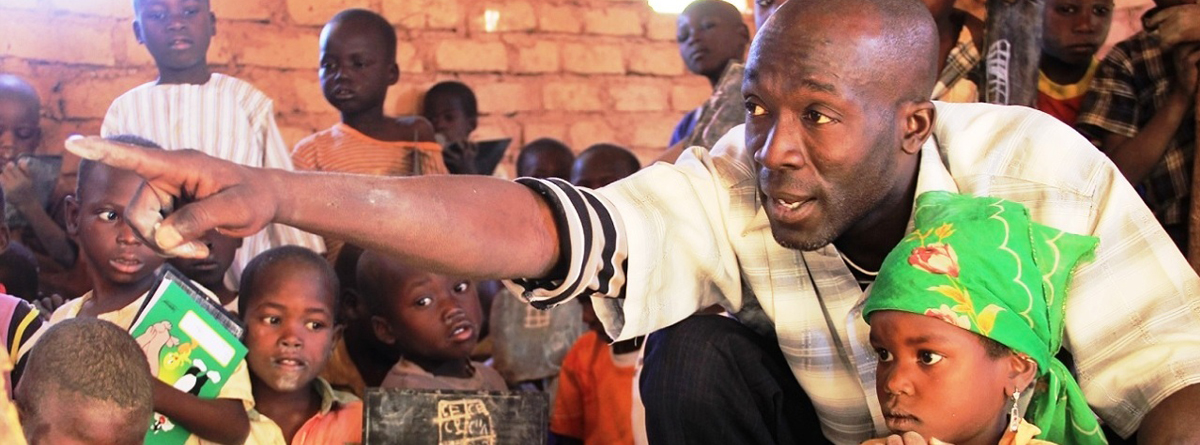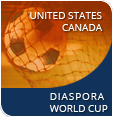
The Diaspora
World Cup
World Cup
|
|
Finland
Columbus - Dublin
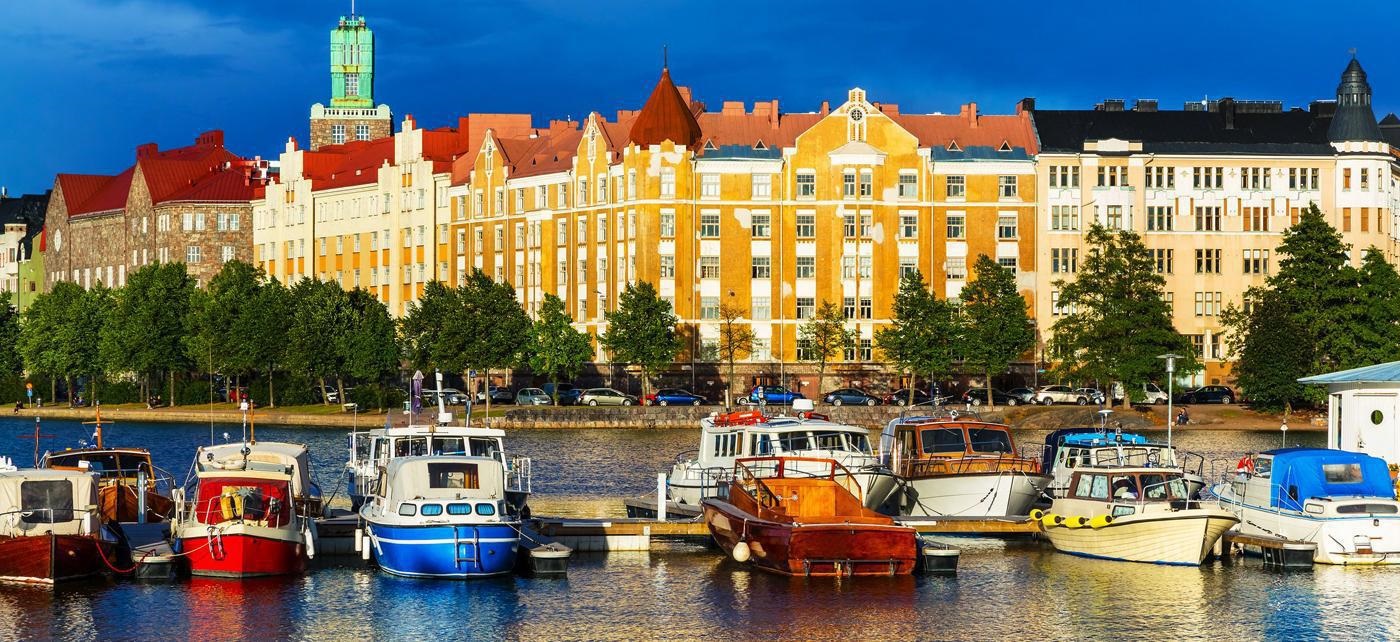
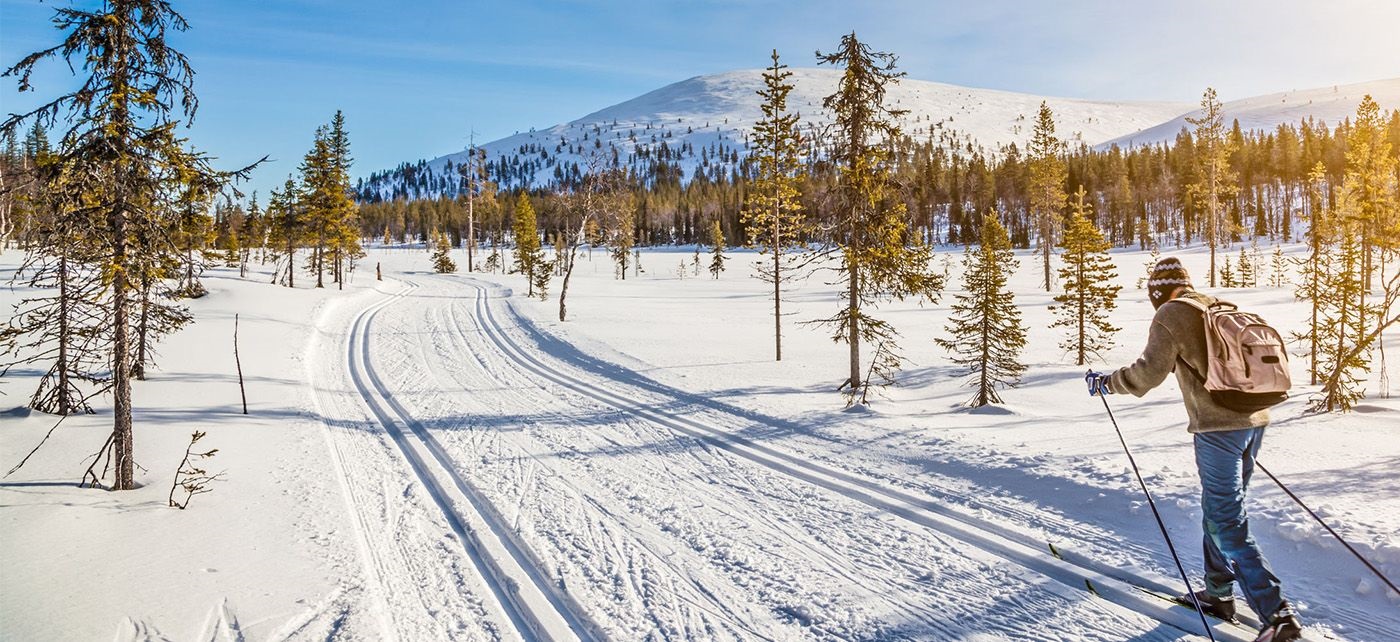
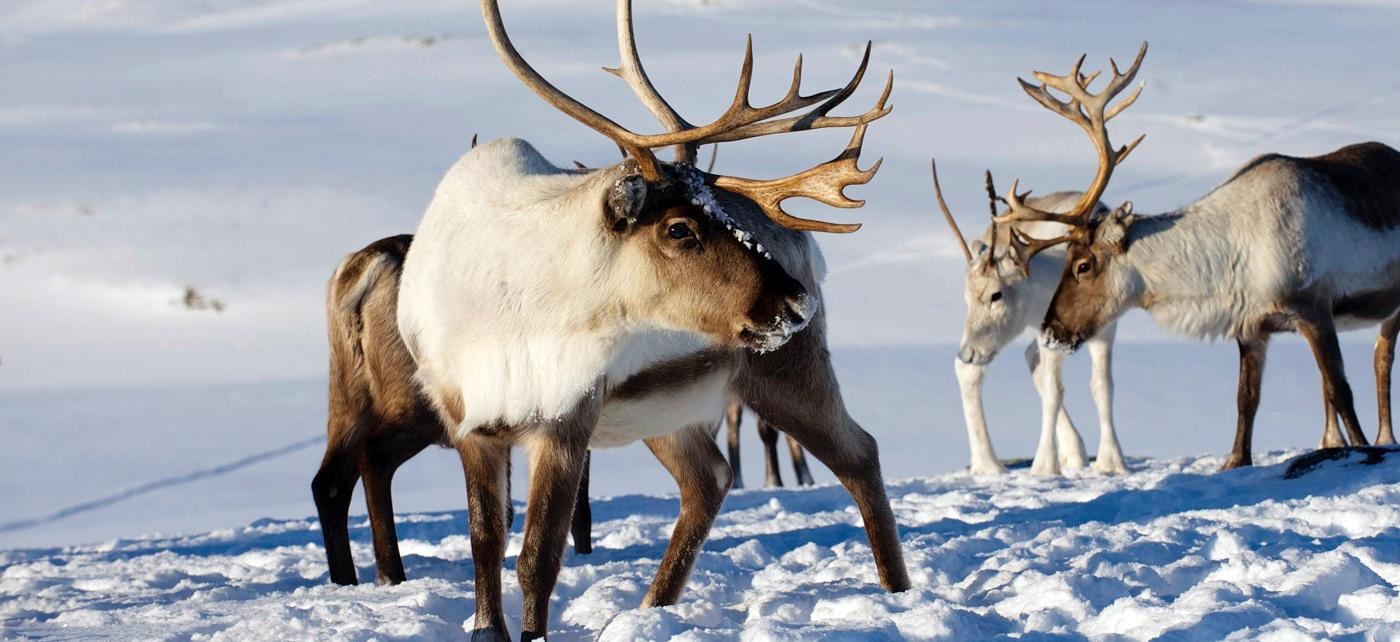
Perfil
Finland, officially the Republic of Finland, is a Nordic country situated in the Fennoscandian region of Northern Europe. It is bordered by Sweden in the west, Norway in the north and Russia in the east, while Estonia lies to its south across the Gulf of Finland.
Around 5.4 million people reside in Finland, with the majority concentrated in the southern region. It is the eighth largest country in Europe in terms of area and the most sparsely populated country in the European Union. Finland is a parliamentary republic with a central government based in Helsinki and local governments in 336 municipalities. A total of about one million residents live in the Greater Helsinki area, and a third of the country's GDP is produced there. Other larger cities include Tampere, Turku, Oulu, Jyväskylä, Lahti and Kuopio.
According to archaeological evidence, the area now comprising Finland was settled at the latest around 8500 BCE during the Stone Age as the ice sheet of the last ice age receded. The artifacts the first settlers left behind present characteristics that are shared with those found in Estonia, Russia and Norway. The earliest people were hunter-gatherers, using stone tools. The first pottery appeared in 5200 BCE when the Comb Ceramic culture was introduced. The arrival of the Corded Ware culture in southern coastal Finland between 3000–2500 BCE may have coincided with the start of agriculture. Even with the introduction of agriculture, hunting and fishing continued to be important parts of the subsistence economy.
During World War II, Finland fought the Soviet Union twice: in the Winter War of 1939–40 after the Soviet Union had attacked Finland; and in the Continuation War of 1941–44, following Operation Barbarossa, in which Germany invaded the Soviet Union. After fighting a major Soviet offensive in June/July 1944 to a standstill, Finland reached an armistice with the Soviet Union. This was followed by the Lapland War of 1944–45, when Finland forced the Germans out of northern Finland.
The Constitution of Finland defines the political system. Finland is a representative democracy that was formerly a semi-presidential parliamentary system, but now is a largely ceremonial non-executive Presidency. Aside from state-level politics, residents use their vote in municipal elections and in the European Union elections. According to the Constitution, the President of Finland is the head of state and responsible for foreign policy (which excludes affairs related to the European Union) in cooperation with the cabinet. Other powers include Commander-in-Chief, decree, and appointive powers. Direct vote is used to elect the president for a term of six years and maximum two consecutive terms. The current president is Tarja Halonen (SDP).
The population of Finland is currently about 5,350,000. Finland has an average population density of 17 inhabitants per square kilometer. This is the third-lowest population density of any European country, behind those of Norway and Iceland. Finland's population has always been concentrated in the southern parts of the country, a phenomenon that became even more pronounced during 20th-century urbanization. The largest cities in Finland are those of the Greater Helsinki metropolitan area – Helsinki, Espoo and Vantaa. Other large cities include Tampere, Turku and Oulu.
Finnish cuisine is notable for generally combining traditional country fare and haute cuisine with contemporary continental style cooking. Fish and meat play a prominent role in traditional Finnish dishes from the western part of the country, while the dishes from the eastern part have traditionally included various vegetables and mushrooms. Refugees from Karelia contributed to foods in eastern Finland. Finnish foods often use whole meal products and berries. Milk and its derivatives like buttermilk are commonly used as food, drink or in various recipes. Various turnips were common in traditional cooking, but were substituted by the potato after its introduction in the 18th century.
Around 5.4 million people reside in Finland, with the majority concentrated in the southern region. It is the eighth largest country in Europe in terms of area and the most sparsely populated country in the European Union. Finland is a parliamentary republic with a central government based in Helsinki and local governments in 336 municipalities. A total of about one million residents live in the Greater Helsinki area, and a third of the country's GDP is produced there. Other larger cities include Tampere, Turku, Oulu, Jyväskylä, Lahti and Kuopio.
According to archaeological evidence, the area now comprising Finland was settled at the latest around 8500 BCE during the Stone Age as the ice sheet of the last ice age receded. The artifacts the first settlers left behind present characteristics that are shared with those found in Estonia, Russia and Norway. The earliest people were hunter-gatherers, using stone tools. The first pottery appeared in 5200 BCE when the Comb Ceramic culture was introduced. The arrival of the Corded Ware culture in southern coastal Finland between 3000–2500 BCE may have coincided with the start of agriculture. Even with the introduction of agriculture, hunting and fishing continued to be important parts of the subsistence economy.
During World War II, Finland fought the Soviet Union twice: in the Winter War of 1939–40 after the Soviet Union had attacked Finland; and in the Continuation War of 1941–44, following Operation Barbarossa, in which Germany invaded the Soviet Union. After fighting a major Soviet offensive in June/July 1944 to a standstill, Finland reached an armistice with the Soviet Union. This was followed by the Lapland War of 1944–45, when Finland forced the Germans out of northern Finland.
The Constitution of Finland defines the political system. Finland is a representative democracy that was formerly a semi-presidential parliamentary system, but now is a largely ceremonial non-executive Presidency. Aside from state-level politics, residents use their vote in municipal elections and in the European Union elections. According to the Constitution, the President of Finland is the head of state and responsible for foreign policy (which excludes affairs related to the European Union) in cooperation with the cabinet. Other powers include Commander-in-Chief, decree, and appointive powers. Direct vote is used to elect the president for a term of six years and maximum two consecutive terms. The current president is Tarja Halonen (SDP).
The population of Finland is currently about 5,350,000. Finland has an average population density of 17 inhabitants per square kilometer. This is the third-lowest population density of any European country, behind those of Norway and Iceland. Finland's population has always been concentrated in the southern parts of the country, a phenomenon that became even more pronounced during 20th-century urbanization. The largest cities in Finland are those of the Greater Helsinki metropolitan area – Helsinki, Espoo and Vantaa. Other large cities include Tampere, Turku and Oulu.
Finnish cuisine is notable for generally combining traditional country fare and haute cuisine with contemporary continental style cooking. Fish and meat play a prominent role in traditional Finnish dishes from the western part of the country, while the dishes from the eastern part have traditionally included various vegetables and mushrooms. Refugees from Karelia contributed to foods in eastern Finland. Finnish foods often use whole meal products and berries. Milk and its derivatives like buttermilk are commonly used as food, drink or in various recipes. Various turnips were common in traditional cooking, but were substituted by the potato after its introduction in the 18th century.
País Ubicación


